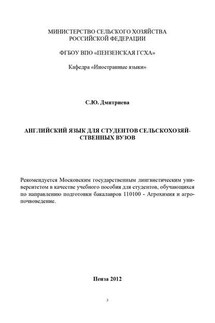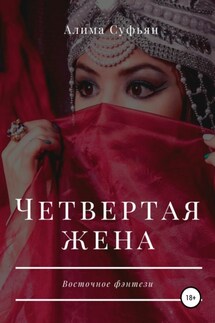Английский язык для студентов сельскохозяйственных вузов - страница 8
Прослушайте текст (Unit 1 Text 1 “My Biography”) дважды и постарайтесь понять его содержание. Выполните предложенные задания.
1) Finish up the sentences.
My name is …
My surname is …
I was born in …
But now I live in …
My family consists of … people. They are …
I am a student of … My future specialization is …
My hobbies are …
2) Which of the following statements are false?
He was born in spring.
He was born in a small town.
Now they live in Samara.
His mother is a bookkeeper.
He has got an elder sister. He is a first-year student.
His future profession is connected with automobiles.
English is one of his favourite subjects.
3) Make up a plan of the text and retell it.
Буквосочетания с “e”
!!! Remember [e] treasure, measure, weather, feather, heavy.
Exercise 1. Read the words correctly.
a) seek, feel, geese, feet, deep, bee, seen, wheel, meet, meeting, see, week, green.
b) clean, sea, mean, meaning, deal, speak, speaker, peak, please, reading, stream.
c) near, hear, dear, clear, appear, disappear, nearest, tear, ear, fear, dearest. rear, rearing, gear-box, shear.
d) beer, jeer, deer, severe, mere, here, pioneer, sphere, atmosphere, cheer, steer.
e) head, bread, headed, dead, meadow.
f) grey, Jersey, survey, convey, they, obey, eight, weight, freight.
g) learn, pearl, heard, early, earth, rehearsal.
Чтение согласной “g”
!!!Remember [g] girl, get, give, forgive, gear.
Exercise 2. Read the words correctly.
Page, gun, gentle, gender, germ, grade, huge, give, game, judge, egg, eggs, engine, wing, sing, spring, tank, sink.
В английском языке два артикля: определённый (the) и неопределённый (a, an). Артикль – служебное слово, являющееся определителем существительного.
(a, an) употребляется только в единственном числе, когда лицо или предмет не знакомы или употребляются впервые. Имеет значение: один из многих, какой-то, любой.
(the) употребляется как в единственном, так и во множественном числе а также с неисчисляемыми существительными, когда лицо или предмет знакомы или известны говорящиму, и слушающему.
E.g. Her sister has got a nice house. (Собеседник впервые слышит о доме её сестры). The house faces my office. (Он уже знает, о каком доме идёт речь, т. е. о ранее упомянутом доме её сестры).
а) порядковое числительное: the first day;
б) прилагательное в превосходной степени: the best friend;
в) слова: wrong, right, same, only: the wrong size
Exercise 1. Put in a, an, some or nothing. Sometimes some variants are possible.
1) Have you got … camera?
2) Would you like to be … actor?
3) Do you collect … stamps?
4) Tom always gives Ann … flowers for her birthday.
5) What … beautiful garden!
6) … birds cannot fly.
7) When I was … child, I used to be shy.


